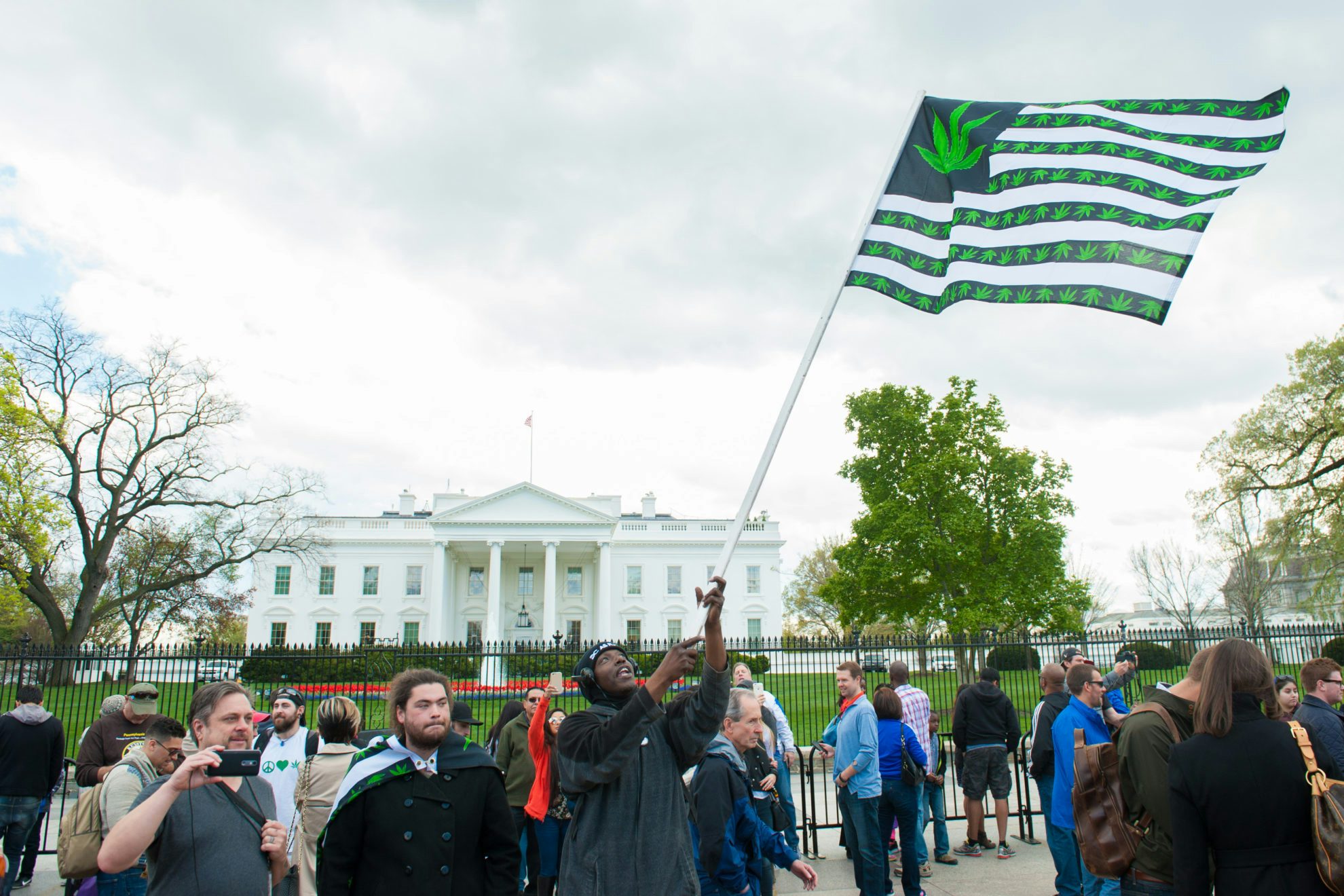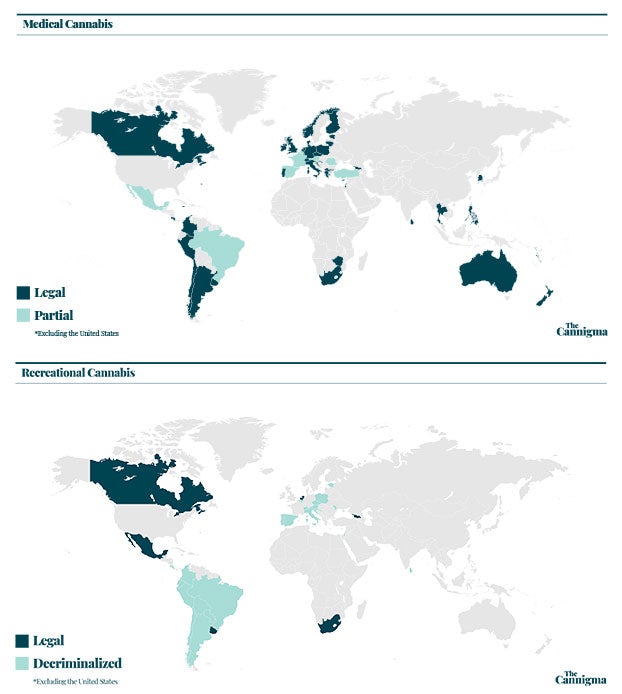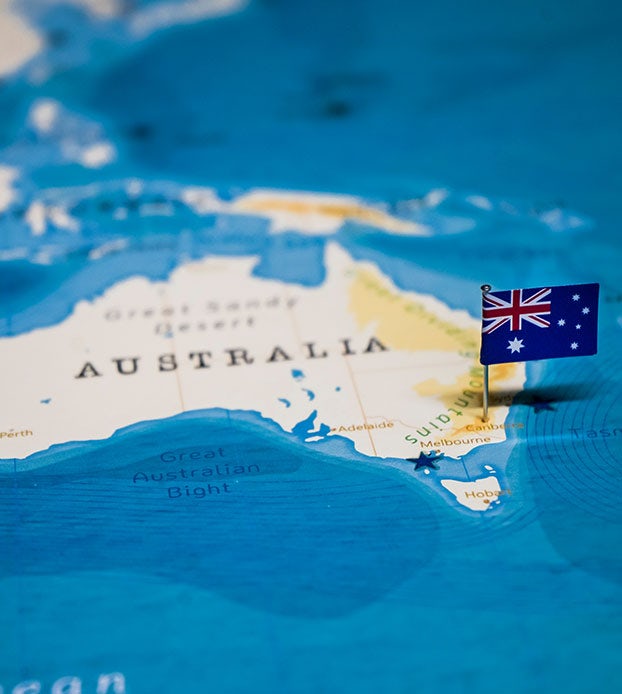Medical: illegal
Recreational: illegal
As early as the 10th century, cannabis was reportedly used on the Indonesian island of Java, along with tobacco and opium. Early evidence of cannabis cultivation has been found in the Aceh province in northern Sumatra. Cannabis was grown in other parts of the country during the 1800s when it was called the Dutch East Indies. Various parts of the plant were used to treat gonorrhea, asthma, and chest pain.
In 1927, the Dutch government restricted cannabis access in the Dutch East Indies under the Decree on Narcotic Drugs following the 1925 International Opium Convention. Under the decree, cultivation, import, export, production, and use of narcotic drugs was prohibited except for medical and scientific purposes with prior authorization from the government.
After the Dutch rule of Indonesia ended, the new government passed anti-narcotics laws that prohibited cannabis and other psychoactive substances. In the late 1970s, the Free Aceh Movement, a separatist group in the Aceh province, renewed the cultivation of cannabis in the region. Mass arrests in the mid-to-late 1980s gave way to deadly fighting between Aceh’s “ganja mafia” and the Indonesian military, with death tolls of 1,000 people, torture, and other atrocities.
Cannabis in Indonesia
Despite being strictly prohibited, cannabis is the most used banned substance in Indonesia, according to the Indonesian National Narcotics Agency. Some 63% of the country’s illegal drug users aged 15 to 65 use marijuana.
The Indonesia weed strain is a landrace, cultivated over hundreds of years in its natural environment without being crossbred. The strain is called Aceh after the province where it is grown. Aceh is not a particularly potent strain, with only around 10% THC, but it has a tropical mango-like taste that many people enjoy.
Aceh weed and Nepalese hash cost around 500,000 rupiah for 10 grams, though the price can supposedly be bargained down. Australian hydro can be purchased for $30 a gram. Tourists should be aware that sellers will often try to take advantage of them.
Is weed legal in Bali?
In Bali, weed is also highly illegal. The possession, sale, and consumption of marijuana in Bali is punishable with 10 years in prison.
Those caught trafficking weed in Bali can receive the death penalty. Weed laws in Bali are strictly enforced.
Tourists caught smoking weed in public can sometimes manage to bribe their way out of a problematic situation.
What is the penalty for weed in Indonesia?
- Using cannabis in Indonesia can lead to a prison sentence of up to four years.
- Possession of marijuana incurs a maximum sentence of 12 years in prison and a maximum 8 billion rupiah in fines (around $560,000).
- Producing, exporting, importing, or distributing marijuana comes with a maximum penalty of 15 years in prison and a fine of 10 billion rupiah.
- Those considered part of the marijuana trade can receive a life sentence and a 10 billion rupiah fine.
Is there an Indonesia weed death penalty?
In some cases, the punishment for weed in Indonesia can be the death penalty. Such cases include the production, import, export, distribution, sales, purchase for dealing purposes, transport, and provision to others leading to permanent injury or death of cannabis in amounts of more than 1 kg or over five plants.
While rare, executions for drug smuggling do occur in Bali and Indonesia, even for tourists. In 2005, nine travelers from Australia were convicted of smuggling heroin out of Indonesia. Two were eventually sentenced to death and executed by a firing squad. Cannabis trafficking has incurred the death penalty in Indonesia.
Medical marijuana in Indonesia
Cannabis products are banned in Indonesia even for medical purposes under the country’s 2009 Narcotics Law, one of the strictest drug regulations in the world.
Cannabis is listed alongside 65 other drugs like opium, cocaine, and methamphetamine. In a 2017 case, an Indonesian man named Fidelis Arie was caught using cannabis oil to treat his ailing wife. Fidelis was sentenced to 8 months in jail and fined 1 billion rupiah.
Advocates for change include Dwi Pertiwi, whose late son Musa suffered from cerebral palsy but died of breathing difficulties and hypoxia. According to Dwi, when Musa underwent cannabis therapy in Australia, he experienced significant improvements. However, if caught possessing marijuana back home, Dwi could have faced years in prison.
Dwi doesn’t want others to suffer the way her son did if cannabis can improve their quality of life. Dwi is petitioning the government, along with two other mothers of sick children, to legalize cannabis and its derivatives CBD and THC for sick people.
As Indonesian pharmacology professor Zullies Ikwati explains, cannabis is classified as a type-1 narcotic in Indonesia because it can easily be misused. She believes that it should be considered a type-2 narcotic when processed into medications. She cites the success of other countries in using cannabis derivatives to treat anorexia in HIV patients, nausea and vomiting caused by chemotherapy, and seizures.
The push for legalization
There are around 2 million cannabis users in Indonesia, and many people are imprisoned for cannabis-related offenses. Some have been falsely portrayed as dealers and have been given limited or no access to legal representation during court proceedings. Prisons are overcrowded and as an alternative, the government has sent some users to rehabilitation centers.
Several countries around the world have legalized marijuana for medicinal purposes and some have even allowed its recreational use. Indonesia, however, has a long, arduous road ahead when it comes to decriminalization of cannabis. Rafli, a member of the Indonesian House of Representatives based in Aceh, has called for legalization, saying that Indonesia should consider using cannabis from Aceh as an export commodity.
In Indonesia and Bali, cannabis and its derivatives remain prohibited narcotics. But in December of 2020, a UN commission voted to reclassify cannabis for medicinal purposes as a less dangerous drug following the World Health Organization’s recommendation. Whether the UN decision will eventually trickle down to impact the laws in Indonesia remains to be seen.
Sign up for bi-weekly updates, packed full of cannabis education, recipes, and tips. Your inbox will love it.

 Shop
Shop Support
Support
















